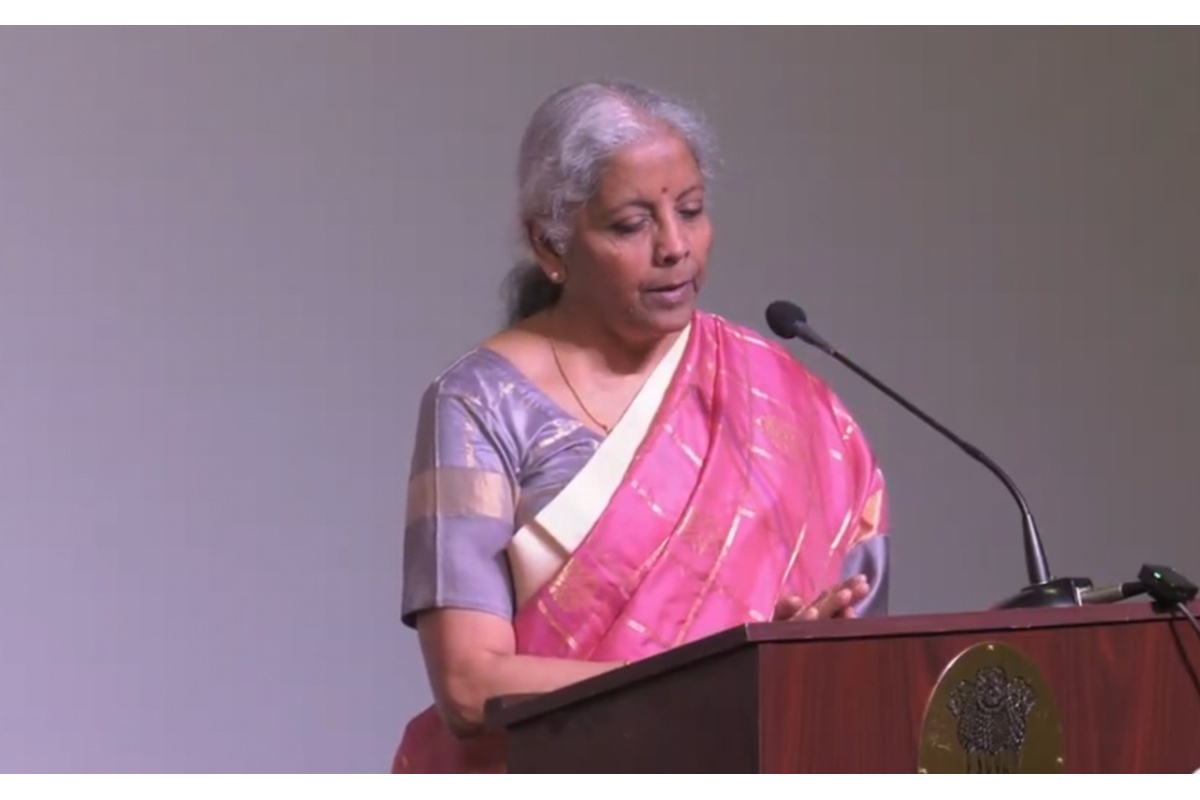Researchers identify proteins with virus-blocking potential
The findings offer hope for future antiviral drug development.
 (L-R) Piyush Baindara and Dinata Roy / LinkedIn
(L-R) Piyush Baindara and Dinata Roy / LinkedIn
Two Indian-origin researchers have discovered a potential new way to block viruses like COVID-19 from entering human cells.
Piyush Baindara and Dinata Roy, from the University of Missouri’s College of Agriculture, Food and Natural Resources have identified naturally occurring proteins called defensins that could prevent infection by interfering with the virus’s ability to attach to human cells.
Also read: Indian-origin team at Buffalo finds how harmful RNA clumps form, dissolve
Their study, published in The Microbe under the title “Repurposing of human defensins as promising antiviral therapeutics against SARS-CoV-2,” shows how these proteins may serve as a basis for developing future antiviral treatments.
Using computer modeling, the team demonstrated that the proteins can bind to both the virus and its target entry point in human cells—stopping infection before it starts. While clinical application may take years, the findings open promising avenues for designing new drugs to combat a range of viruses and bacteria.
“Viruses always seek out a specific receptor to enter into our cells, similar to how a key fits into a lock. In the case of SARS-CoV-2, the virus’ spike protein binds to the ACE2 receptor in our cells to infect us. If we can block that receptor, the virus cannot enter. Through computer modeling, we found that defensins can bind to both the ACE2 receptor and the spike protein so that the virus cannot enter,” Baindara said.
“Different viruses have different kinds of receptors, so going forward, we can see what else defensins might be able to help protect against, whether that be influenza, respiratory syncytial virus or even bacterial infections such as tuberculosis,” Baindara added.
The researchers believe this method could be adapted to help fight other diseases such as influenza, RSV, or even tuberculosis.
ADVERTISEMENT
ADVERTISEMENT
E Paper
Video




 Bhavana P
Bhavana P













Comments
Start the conversation
Become a member of New India Abroad to start commenting.
Sign Up Now
Already have an account? Login